BBC One’s 2015 choice of Sunday-night drama series is beginning to resemble the career of the kind of Hollywood actor who alternates between reliable crowd-pleasers and more eccentric personal projects. The year started with the return of the much-loved Last Tango in Halifax, followed by the distinctly peculiar A Casual Vacancy. Now, after the mainstream triumph of Poldark, we get Jonathan Strange & Mr Norrell — which, whatever else you might think about it, definitely can’t be accused of feeling like drama by committee.
Based on Susanna Clarke’s 2004 novel, the programme opened in the early 19th century, with the Peninsular War going badly and, worse still, magic — once ‘as much a part of this country as rain’ — having apparently died out 300 years before. The early scenes were mildly, and as it turned out misleadingly, satirical. A voiceover introduced us to the self-important Society of Magicians which met in York on the third Wednesday of every month, when they ‘read each other dull papers on the history of magic’ rather than actually doing any of the stuff themselves.
Their complacency first came under attack from a keen new member, Mr Segundus, who asked why magic should be found only in books — of which the society’s library had a total of five. His question was chortlingly dismissed with the explanation that expecting magicians to do magic was like expecting astronomers to create stars. But then Segundus heard about Mr Norrell (Eddie Marsan), a local man rumoured to be the real deal, and went to visit him.
The initial signs were certainly promising: the door to Norrell’s stately pile was answered by a sinister assistant called Childermass; the meeting with Norrell himself took place in his huge library by Wolf Hall-style candlelight. Even so, convincing the society would clearly take more than that — which is why its members were summoned to York Minister where Norrell made the statues come alive in a way that might have reminded more modern magicians of the special effects in Doctor Who.
As news of his feat spread, Norrell mysteriously abandoned his former reclusiveness in favour of seeking to become the saviour of the country. He headed to London where he met Sir Walter Pole, the man running the war, and offered to help him defeat Napoleon. Unfortunately, Sir Walter turned him down with a brusque, ‘Magic is not respectable, sir.’
At this stage, mind you, the programme was barely clearing its throat. Before long, Norrell had been accosted by the street magician Vinculus (Paul Kaye) who declaimed a prophecy from The Raven King about how two magicians would appear in England, one named Fearfulness, and the other, Arrogance. Moreover, ‘the first shall bury his heart in the dark wood beneath the snow’, while ‘the second shall see his dearest possession in his enemy’s hand’. Yet even this was the sternest of realism compared with the final scene where Norrell brought Sir Walter’s dead fiancée back to life with the aid of a spirit that took the surprising form of a glowering middle-aged bloke with an extravagantly bouffant hairdo and Bernard-Ingham eyebrows.
But what, you may be wondering, about Jonathan Strange? Well, for most of the time, he was restricted to a subplot that seemed to be offering rather more familiar Sunday-night fare — not least because he was first sighted on horseback galloping hunkily across the moors. He was also equipped with a particularly forbidding patriarch, whose idea of fatherly advice was to suggest, ‘You’ve proved a failure in everything you’ve ever done’ — and with a sweet love-object who wasn’t as impressed as Jonathan hoped when he assured her that, ‘I [now] drink very little, scarcely a bottle a day.’
Such familiarity, however, didn’t last. Out riding on the moors again, Jonathan (Bertie Carvel) came across Vinculus. One enigmatic prophecy later, and Jonathan became a magician too, whose best trick at the moment is to look into a mirror and see Mr Norrell…
Faced with this curious material, the cast seem understandably unsure quite how to deal with it. Happily, it’s the two leads who make the wisest choice: to play it straight. All around them, though, is the unmistakable sight of British actors hamming it up — especially Paul Kaye, with his battery of hisses, snarls, shouts, whispers and, when the worst comes to the worst, pratfalls. The same uncertainty also infects the direction, which, so far at least, doesn’t appear to have decided how gothic it wants to be — and whether we’re dealing with the eruption of magic into our own world, or with some sort of parallel universe.
In theory, Jonathan Strange & Mr Norrell is to be congratulated on its bold rejection of Sunday-night convention. In practice, it hasn’t yet banished the feeling that it might end up seeming a bit silly.
Got something to add? Join the discussion and comment below.
Get 10 issues for just $10
Subscribe to The Spectator Australia today for the next 10 magazine issues, plus full online access, for just $10.

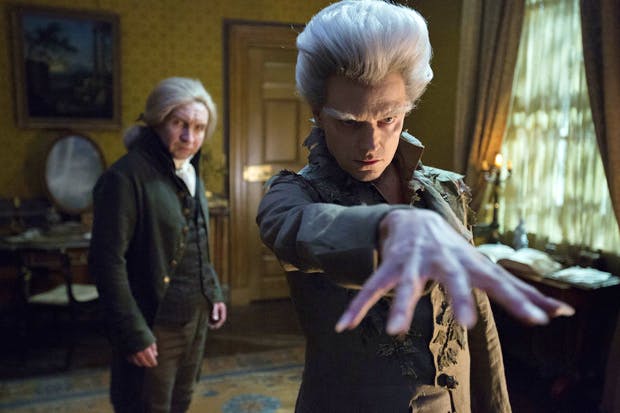
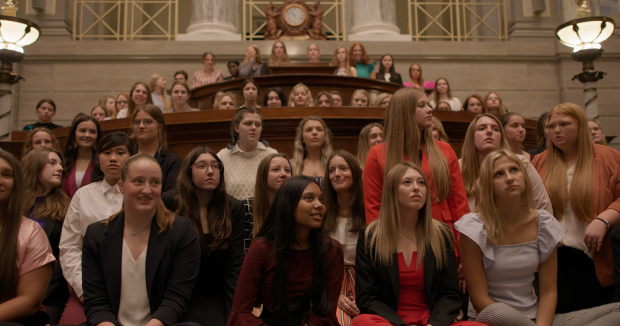


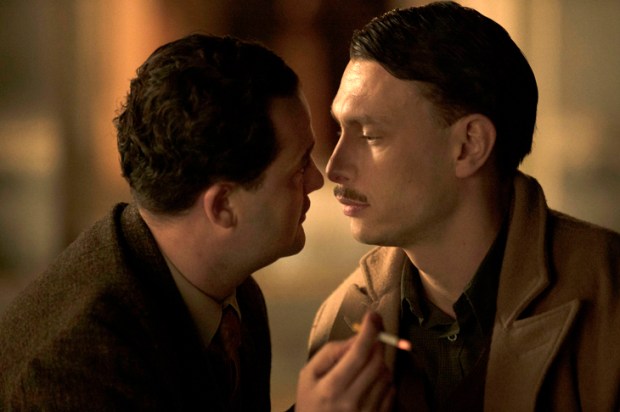
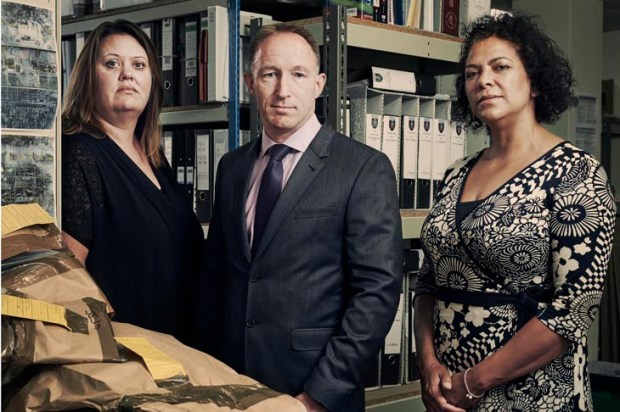
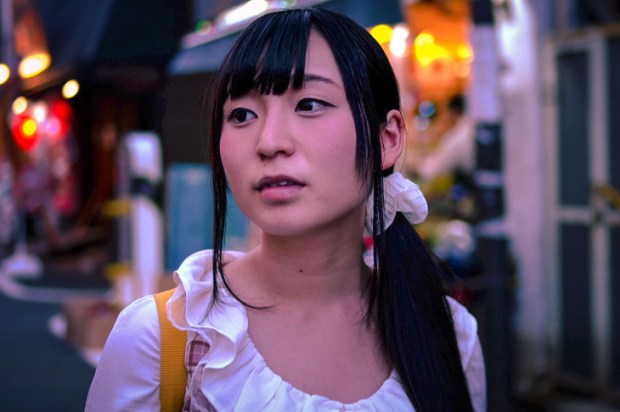






Comments
Don't miss out
Join the conversation with other Spectator Australia readers. Subscribe to leave a comment.
SUBSCRIBEAlready a subscriber? Log in